Hong Kong Metropolitan University: new name, new head, new directions
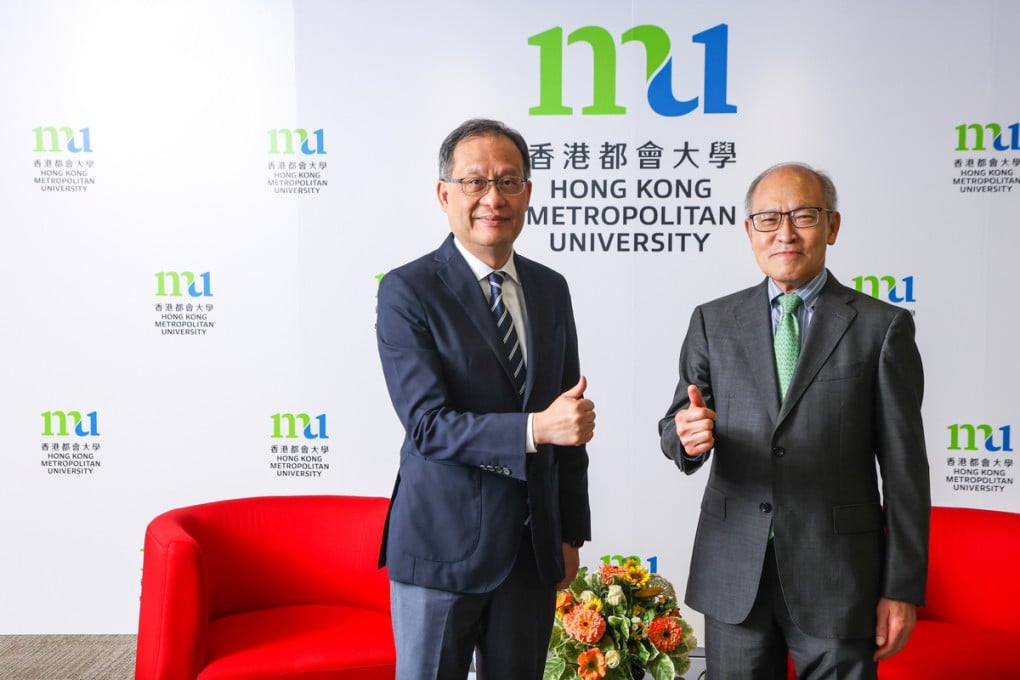
[Sponsored Article]
After 24 years of being known as The Open University of Hong Kong (OUHK), from today (1 September) this well-established academic institution will adopt a brand new name — Hong Kong Metropolitan University (HKMU).
A university’s title shapes public perception, so it is important for any university to have a name that accurately reflects its aspirations and mission. Until now, the OUHK has always had the word ‘open’ in its name, reflecting its original purpose. Founded in 1989 as the Open Learning Institute of Hong Kong and taking on its Open University moniker in 1997, the self-funding university from its outset primarily delivered part-time and distance learning education for adults with no previous qualifications. Indeed, the OUHK quickly established a reputation as Hong Kong’s premium provider of distance learning opportunities.
Over time, however, the university gradually broadened its ambitions and its student base. Full-time degree programmes were added in many academic areas, increasing numbers of school leavers enrolled in the university through the JUPAS system, and the university’s campuses in Ho Man Tin were expanded and enhanced. By 2021, the university had more full-time students than part-time ones, and had substantial offerings of master’s and PhD programmes. Increasingly, the ‘Open University’ title seemed out of sync with the actual scope and direction of today’s university.
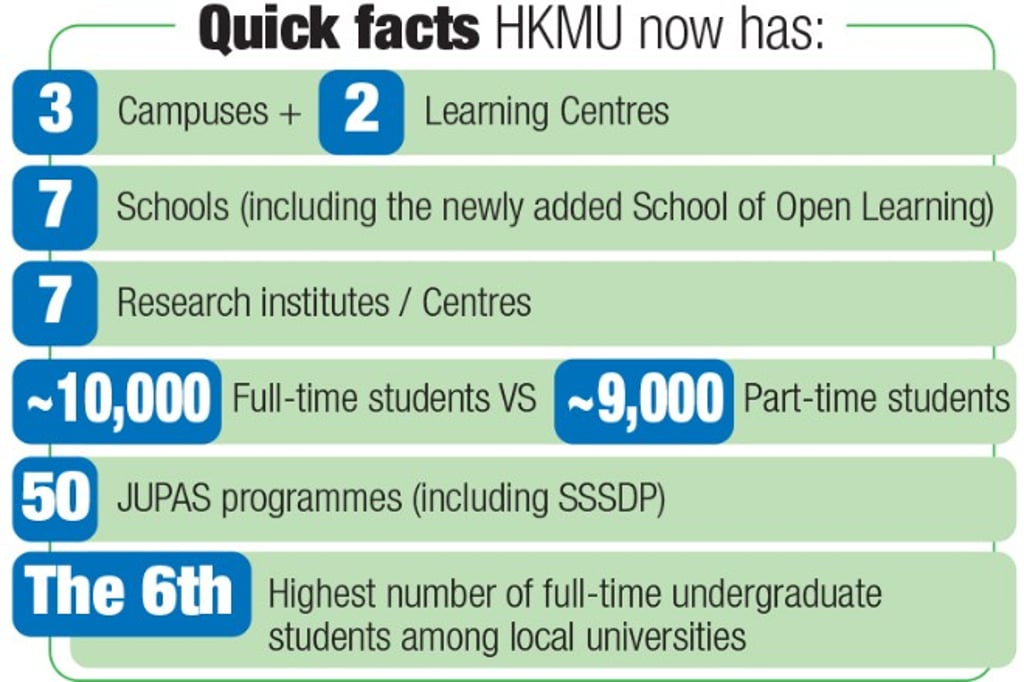
The old name had begun to have some negative effects, too. Council Chairman Mr Michael Wong Yick-kam comments, “I have often talked to talented students whose friends dismissed their efforts because they were studying at an ‘open’ university.”
To reflect the university’s changing directions and student demography, and to address misconceptions that were interfering with students’ career development, the OUHK began the process of formally changing its name in 2020. An exercise was held to generate suggestions for a new title and, after an extensive selection and consultation process, the selected name was unveiled in December 2020 — Hong Kong Metropolitan University. Later, an eminent local designer, Mr Alan Chan Yau-kin, was commissioned to develop an accompanying logo.
Both the title and logo have been designed to reflect the university’s close ‘fit’ with Hong Kong, with its teaching and research efforts manifestly focused on serving the practical and social needs of Hong Kong and the region. As Mr Wong says, “Our name now proclaims us to be a metropolitan university, meaning we are closely linked to this international city. Just as Hong Kong itself is fast-growing, dynamic, flexible and interconnected, so is Hong Kong Metropolitan University.” The name leaves no doubt in the minds of students, employers and the general public that Hong Kong Metropolitan University is an integral part of and contributor to the international metropolis in which it is located.
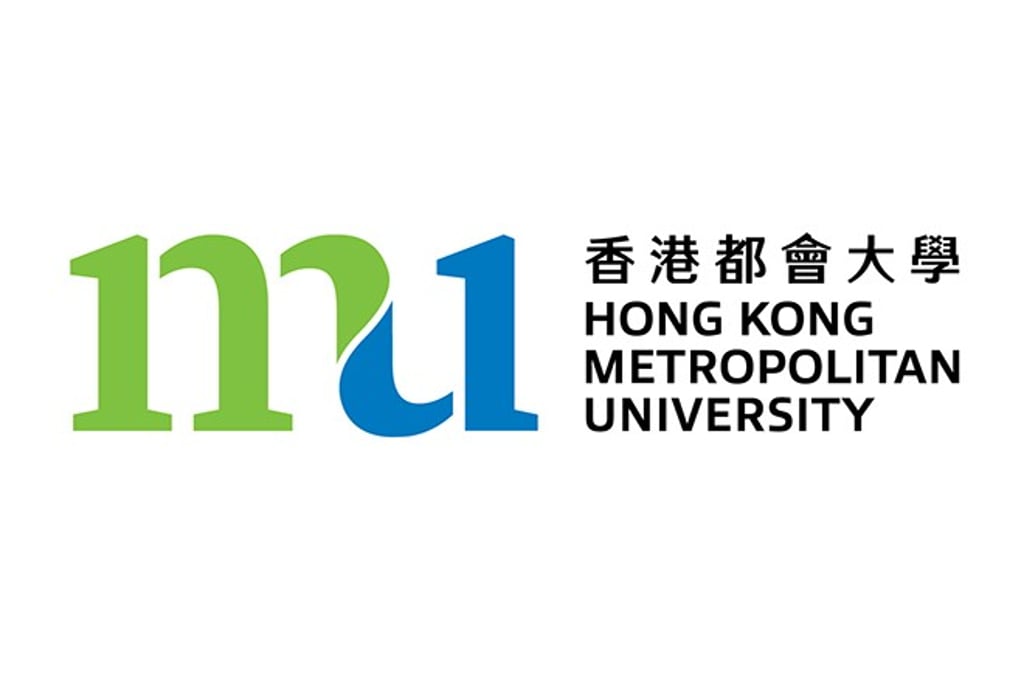
The new logo, too, carries visual connotations of forward movement and progress, reflecting the youth and energy of this unique institution, and the flexibility it has as a self-financing university to develop new programme offerings in response to pressing social needs. The letters M and U in the logo reference not only Metropolitan University but also “me” and “you”, representing the unique platform that the university offers to connect students (“me”) with those around them (“you”), including peers, teachers, the community and society as a whole. The new logo also picks up on the green and blue of the university’s old OUHK logo as a tribute to its heritage, but in more vivid shades capturing its ambitions to go further and achieve more than ever before.
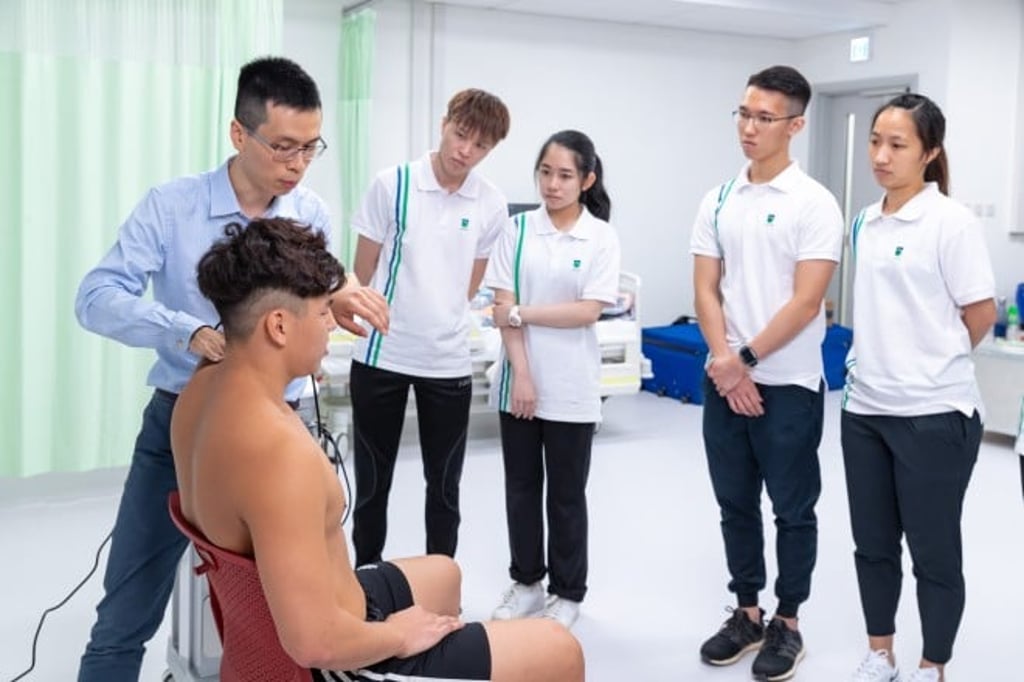
Hong Kong Metropolitan University has recently welcomed a new President, tasked with leading the institution into a new era. Prof. Paul Lam Kwan-sing, who took up his post in April this year, sees three priorities for the university in its new incarnation: “The first is to ensure that we are providing all our students with a truly high-class education. The second follows from that — to help our talents build meaningful careers and establish our university as one that is highly regarded by employers. And the third is to help our students develop their personal aspirations and become upstanding citizens, fully committed to the wider community and its needs.”
To achieve these goals, a number of changes are already in progress or on the table. The university’s wide range of General Education courses are being reviewed and consolidated to ensure all students are given meaningful opportunities to broaden their horizons and enrich their life experience. A new Office for Advancement of Learning and Teaching (ALTO) has been established, which will be responsible for centralising and shaping the university’s work to enhance teaching quality across the board. Student services will be stepped up to help students foster a stronger sense of belonging to the university. “For example, the university will offer students stronger physical backing in areas such as team sports, as these are great ways to build solidarity and a sense of representing the university,” says Prof. Lam.
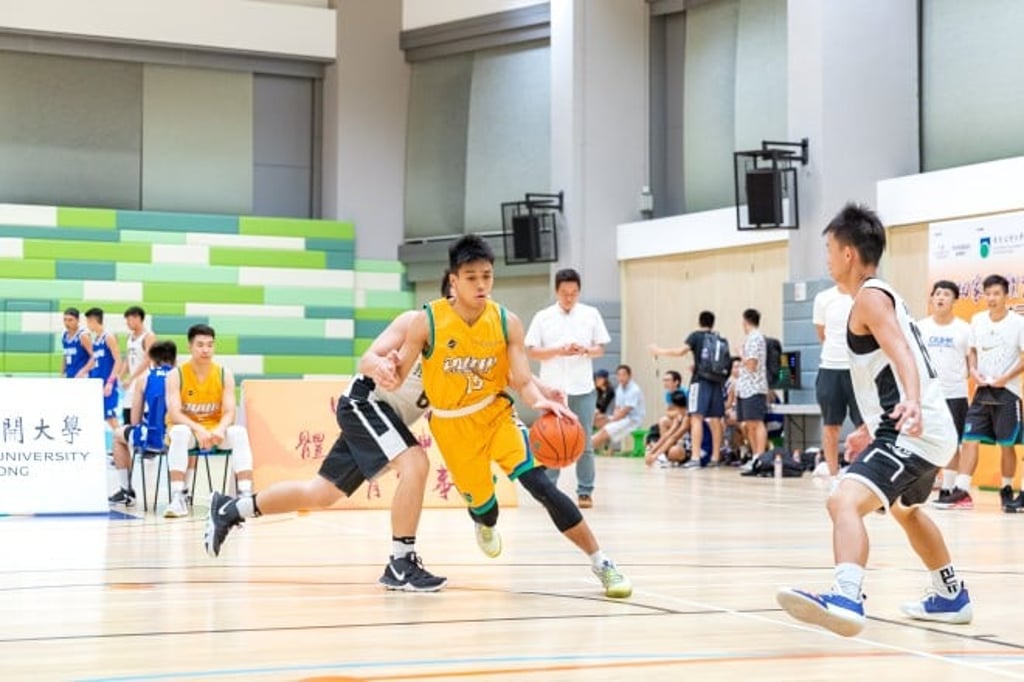
Meanwhile, the institution’s traditional role as an open learning provider will remain integral to its wider mission. A new School of Open Learning with its own Dean has been added to the university’s six existing Schools, meaning that there is now a specific position in the management structure of HKMU representing the open learning component of its mission. HKMU will remain the only university in Hong Kong providing a pathway to a degree for people without qualifications.
In looking to the future as Hong Kong Metropolitan University, the university is also exploring other ways of connecting more closely both with Hong Kong and the larger metropolitan expanse of the Greater Bay Area. In particular, plans are afoot to launch an offshoot in Zhaoqing, where a 160-hectare plot of land has been set aside for campus development. Once at fruition, the project will see HKMU’s unique blend of practical, socially-focused education and research extended across the border. HKMU students will also have the opportunity to study at and live on the new campus for up to a year, enjoying full residential student life while gaining first-hand information about career prospects on the mainland.
Prof. Lam sums up his views on the new name when he says, “Our new title reflects important changes in our student base, and in our efforts to address the pressing social and environmental issues that face us in this international metropolis. But we want the name to do more than reflect our present reality. We also want it to drive changes in who we are, how we perform, and how we work together. I want Hong Kong Metropolitan University to be a name associated with everything that is good about a university education.”